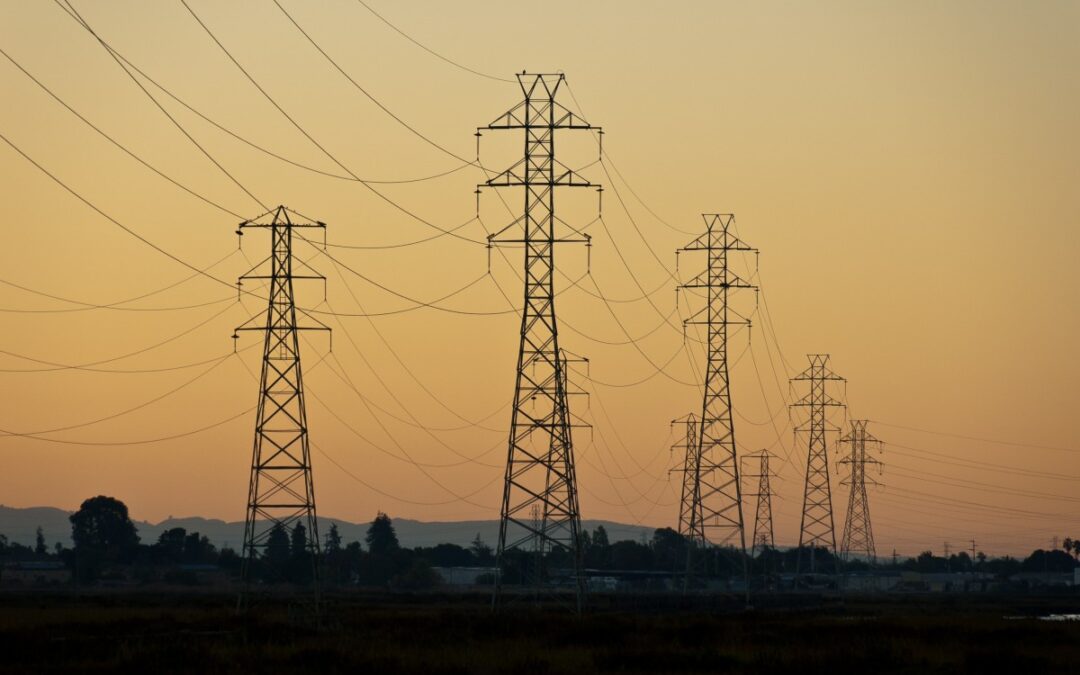Poland’s government is preparing to offer vouchers to “energy poor” households to compensate for soaring prices.
Announcing the plans, deputy finance minister Piotr Patkowski said he expected inflation – currently at 6.8%, its highest level in two decades and among the highest in the EU – to reach up to 8% by the end of the year.
Speaking to Radio Plus, Patkowski said that the government had a plan ready to introduce payments to “compensate the energy poor”. According to the official’s estimates, around two million households will qualify for the handout and up to three billion zloty (€650 million) will be earmarked for the scheme.
“It will be an energy voucher that is to cushion against the rising costs of heat, electricity, gas and petrol,” said Patkowski. But he added that the vouchers “will not be tied to bills”, with recipients left to decide themselves how to spend the money.
Patkowski noted that other European countries had taken similar steps to mitigate the problem of rising prices. In September, France announced that it would make one-off €100 payments to 5.8 million households that receive energy vouchers, and floated extending the scheme to more people.
Energy prices have been steadily rising in Poland as oil and gas have become more expensive globally in recent weeks.
Fuel prices increased in October by 33.9% year-on-year while energy rose by 10.2%, according to preliminary estimates by Statistics Poland (GUS), a state agency. They increased 3.1% and 3% respectively from a month earlier.
Retail prices for both petrol and diesel recently hit their highest level for years in Poland. However, with gas prices surging in particular, wholesale electricity costs in coal-reliant Poland have temporarily become the lowest in the European Union.
Over the last two years Poland’s inflation rate has consistently been among the highest in the EU. In his remarks, Patkowski said that inflation was unlikely to reach 10%, but that 7-8% by the end of the year “is realistic”.
To counter the trend, Poland’s central bank unexpectedly raised interest rates for the first time in nine years last month, from 0.1% to 0.5%. A further hike is expected this afternoon.
Main image credit: PxHere (under public domain)

Maria Wilczek is deputy editor of Notes from Poland. She is a regular writer for The Times, The Economist and Al Jazeera English, and has also featured in Foreign Policy, Politico Europe, The Spectator and Gazeta Wyborcza.




















